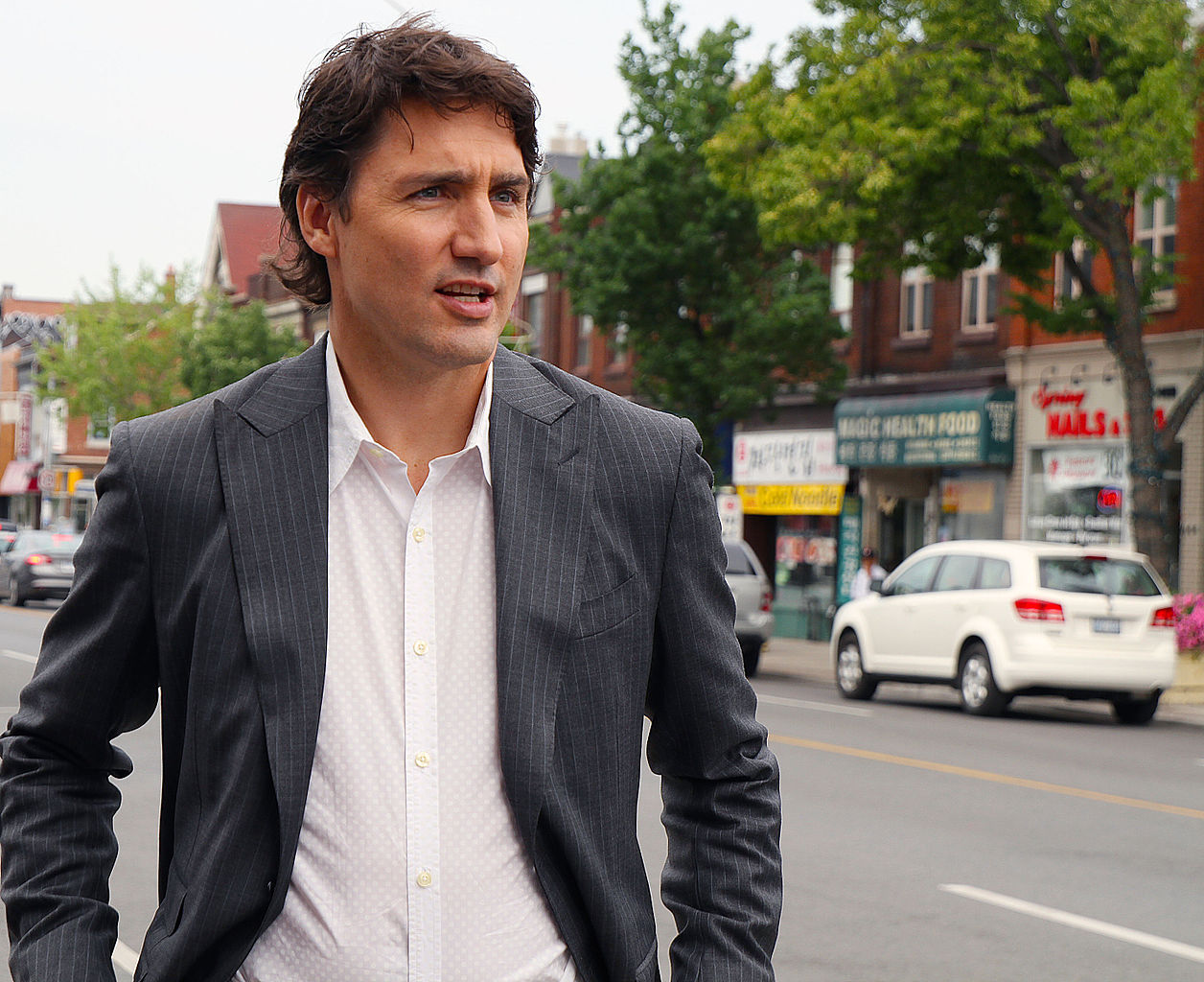Like this blog? rabble is reader-supported journalism. Chip in to keep stories like these coming.
As Prime Minister-designate Justin Trudeau stood before an election night crowd in Montreal on October 19, he quoted former Prime Minister Sir Wilfrid Laurier, saying: “Sunny ways my friends, sunny ways.” Referring to his Liberal party’s convincing upset victory in capturing 184 seats, well beyond the 99 for the Conservatives and 44 for the NDP, Trudeau said, “This is what positive politics can do.”
The Liberals conducted an excellent campaign and Trudeau performed well, exceeding all expectations and generally accentuating the positive. The test in the weeks and months to come will be to what extent Trudeau and his team will keep the many promises which they have made.
Indigenous peoples
For example, issues affecting Indigenous people received little attention in an election campaign where the three major parties wanted to be seen as the champions of the middle class. Trudeau and the Liberals, however, made a number of promises, including calling a national inquiry into murdered and missing Aboriginal women; implementing all 94 recommendations from Truth and Reconciliation Commission; providing stable and predictable funding for First Nations education; and dealing with the fact that at least 400 First Nations reserves have had boil water advisories in the past 10 years.
Health care
During the election campaign the Canadian Medical Association pushed all parties on health care, particularly as it relates to seniors. The focus, the CMA says, should be upon long-term care, home care and money for “catastrophic coverage for prescription drugs.” Yet health care also received surprisingly little attention in the campaign. For his part, Trudeau promised to meet with the provinces, who actually deliver that care, to negotiate a new Health Accord.
In July, an Angus Reid poll showed that 91 per cent of Canadians supported the idea of a national pharmacare program. Canadians spend $29 billion a year on pharmaceuticals, but many people cannot afford their prescribed medications. Acknowledging this, the Liberals promised to work toward improved access to medications and to help provinces to buy pharmaceutical drugs in bulk. But no pharmacare.
In fact, the Trans Pacific Partnership, a multi-country trade deal which was signed in principle during the campaign, would actually make pharmaceuticals even more expensive because it would extend the patent period for drug companies. Trudeau has said only that the Liberals would look closely at the trade deal.
Syrian refugees
The issue of Syrian and other refugees also became a campaign issue. The Conservative government while continuing to welcome immigrants, particularly those with skills or money, did much to discourage refugee claimants and to scapegoat them. The Liberals, on the other hand, promised to resettle 25,000 Syrian refugees by the end of 2015. That is quite a challenge and may be difficult to accomplish.
One thing that the new government could do immediately is to reverse the Conservative government’s decision to deny health care coverage to many refugee claimants. The Federal Court ruled that the policy changes constituted “cruel and unusual” treatment and were unconstitutional but the Conservatives were appealing that decision to the Supreme Court of Canada. Trudeau could simply drop the appeal and reinstate the health coverage.
Climate change
What’s more, there’s an urgent need for all countries, including Canada, to take action on climate change. Canada has become reviled as an international laggard regarding remedial action on the issue and even as an obstacle to international action. Trudeau has promised to work with the provinces and territories to set emissions targets toward an upcoming international climate conference in Paris, but as environmentalist David Suzuki pointed out during that campaign that is a soft promise and leaves much to be desired. The NDP had promised a cap and trade system on carbon emission, which essentially sets a price on carbon and makes polluters pay.
In fact, Trudeau’s campaign co-chair Dan Gagnier was forced to resign during the campaign when it was discovered that he was — at the same time — advising pipeline companies on how best to lobby a new Liberal government should it be elected. That suggests affluent insiders and interest groups could have an undue influence with this Trudeau government, just as they have had with previous Liberal administrations. So although sunny ways may have arrived, there are also some clouds on the horizon.
A somewhat shorter version of this piece was carried by the United Church Observer on October 22, 2015.
Like this blog? rabble is reader-supported journalism. Chip in to keep stories like these coming.



